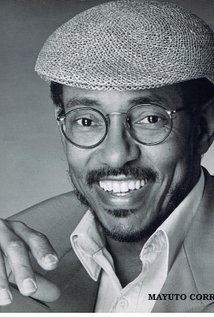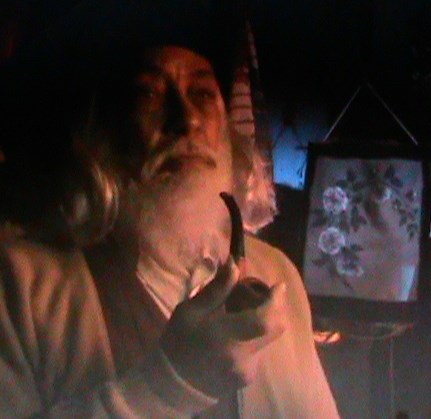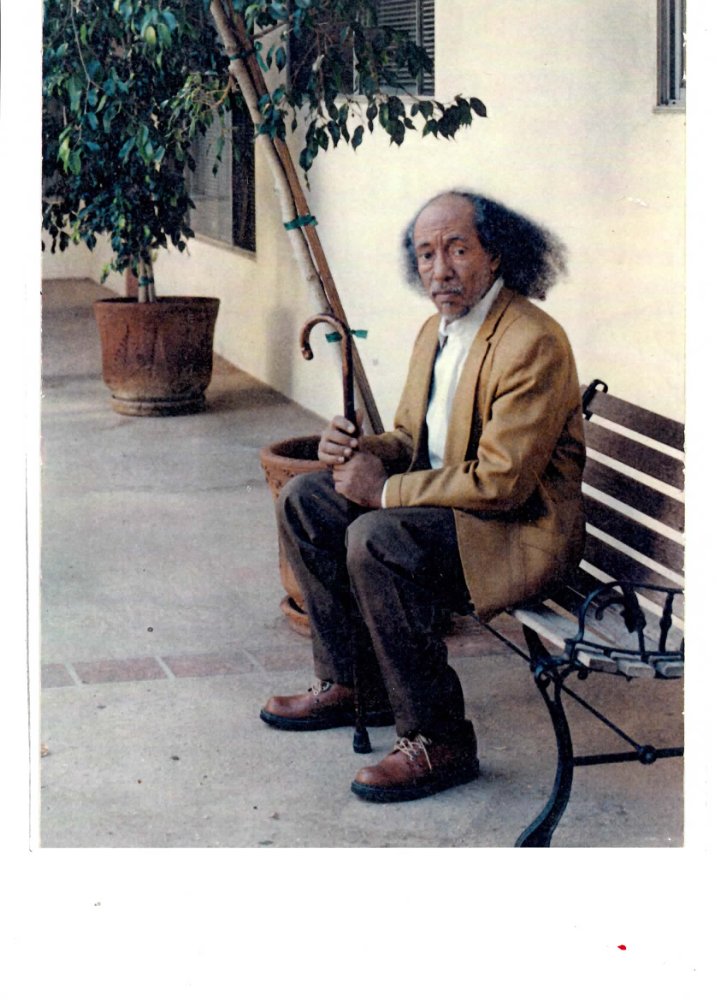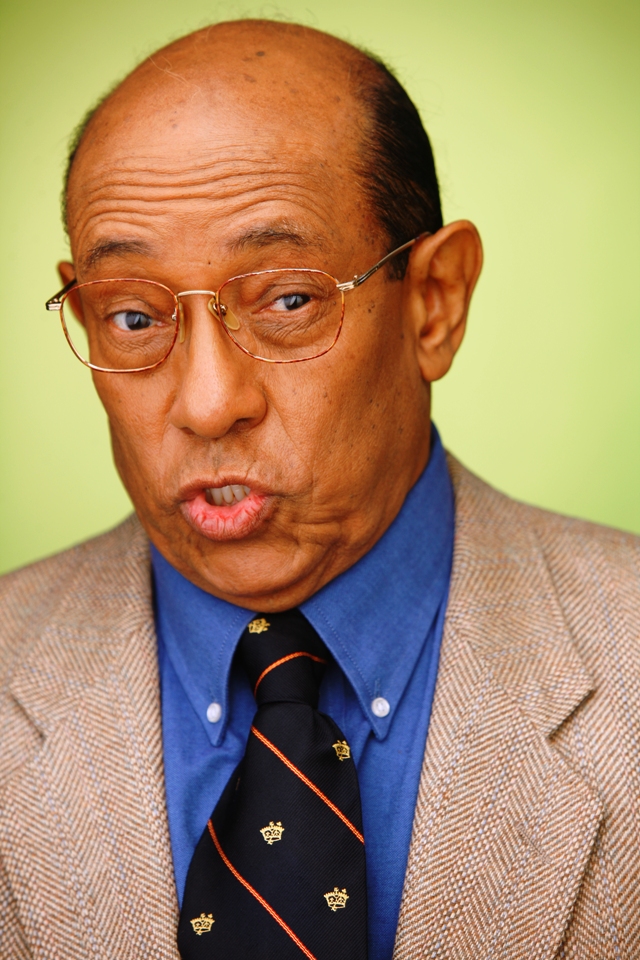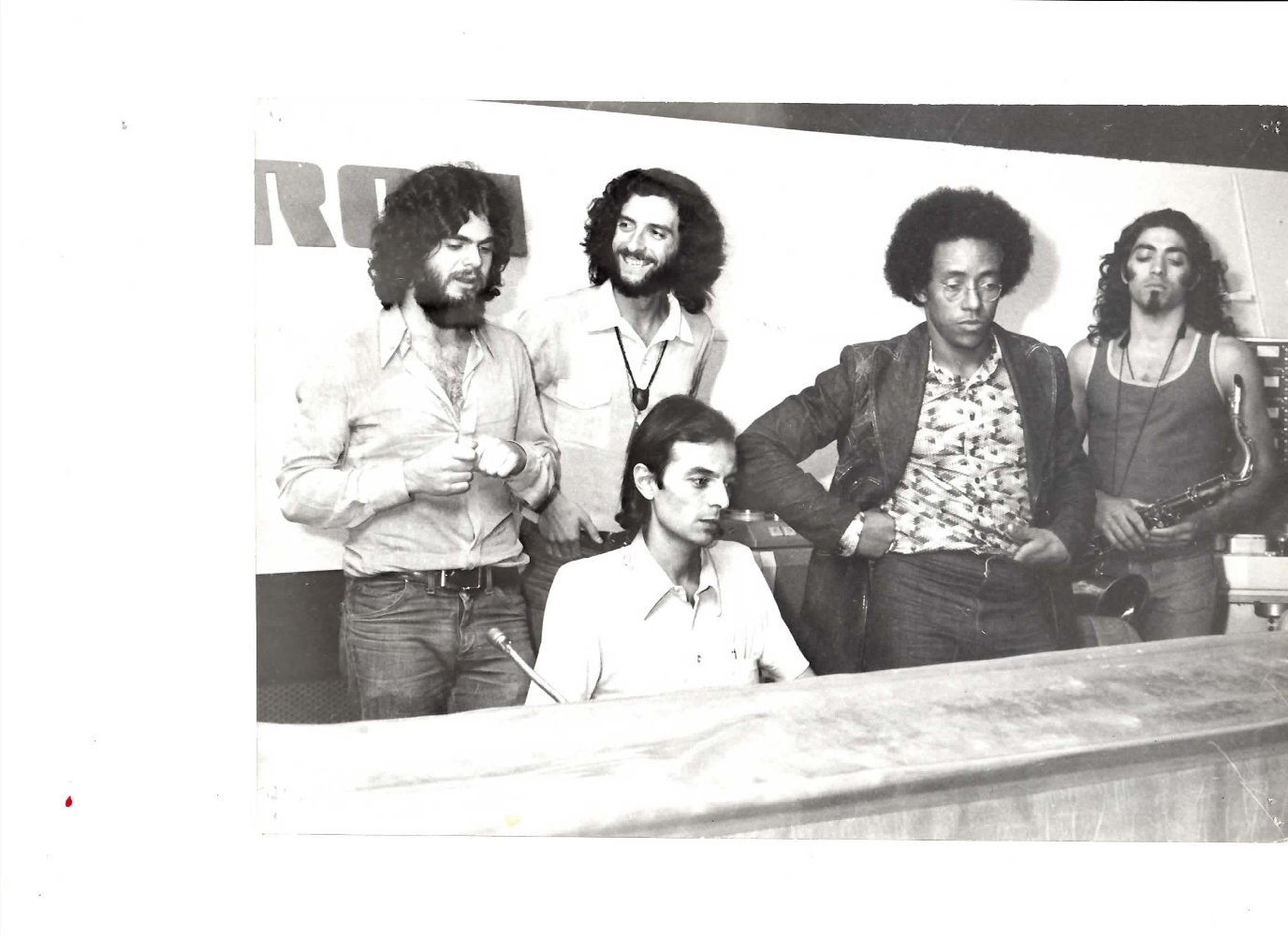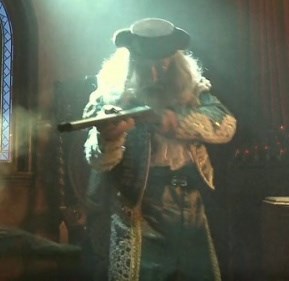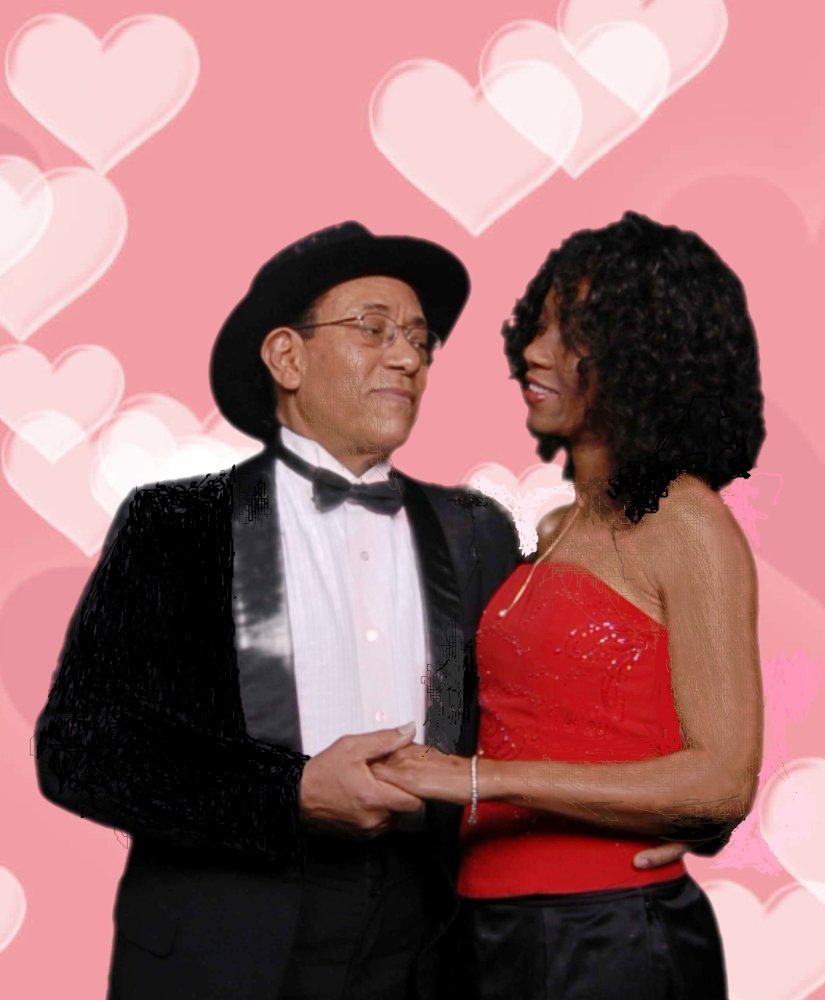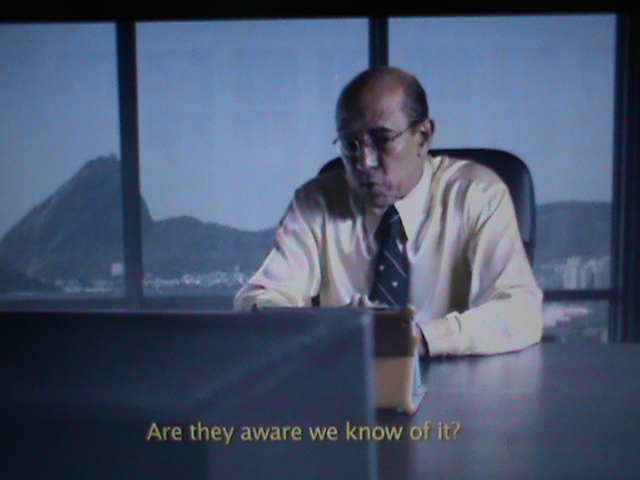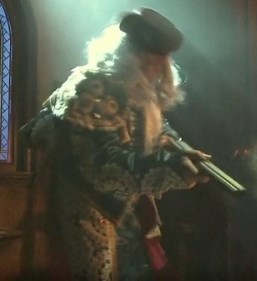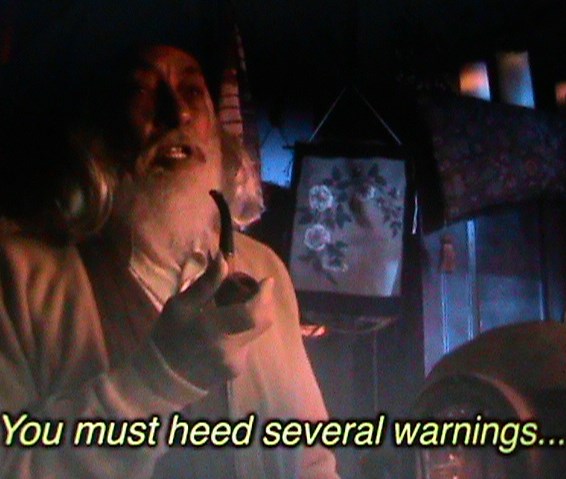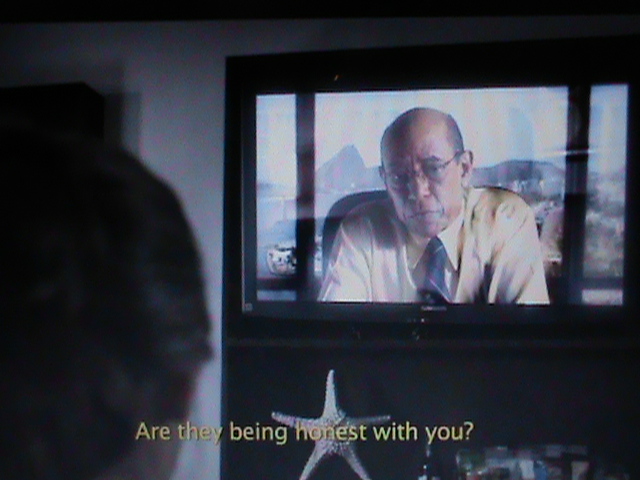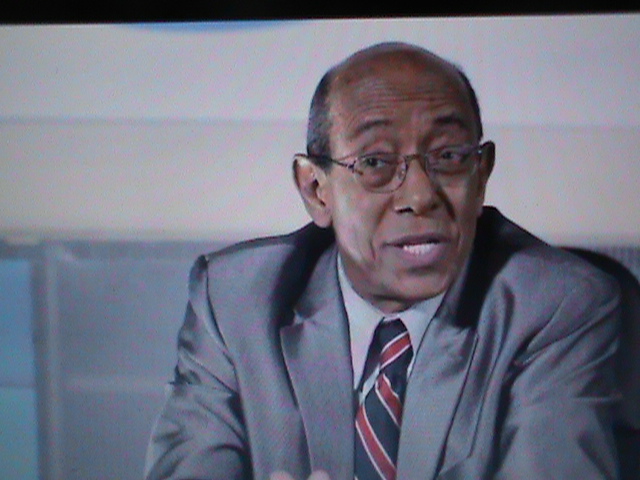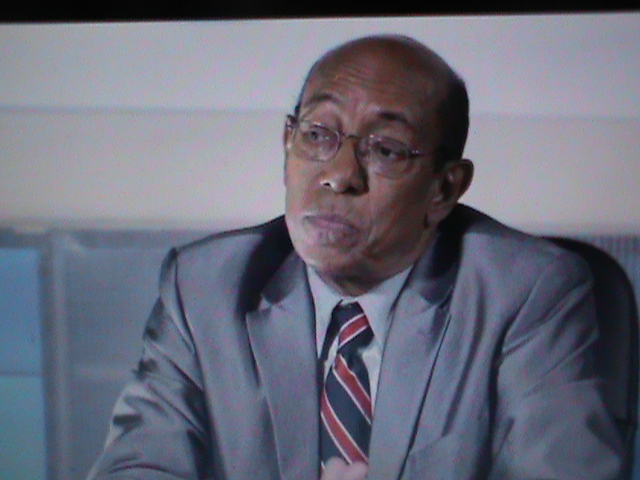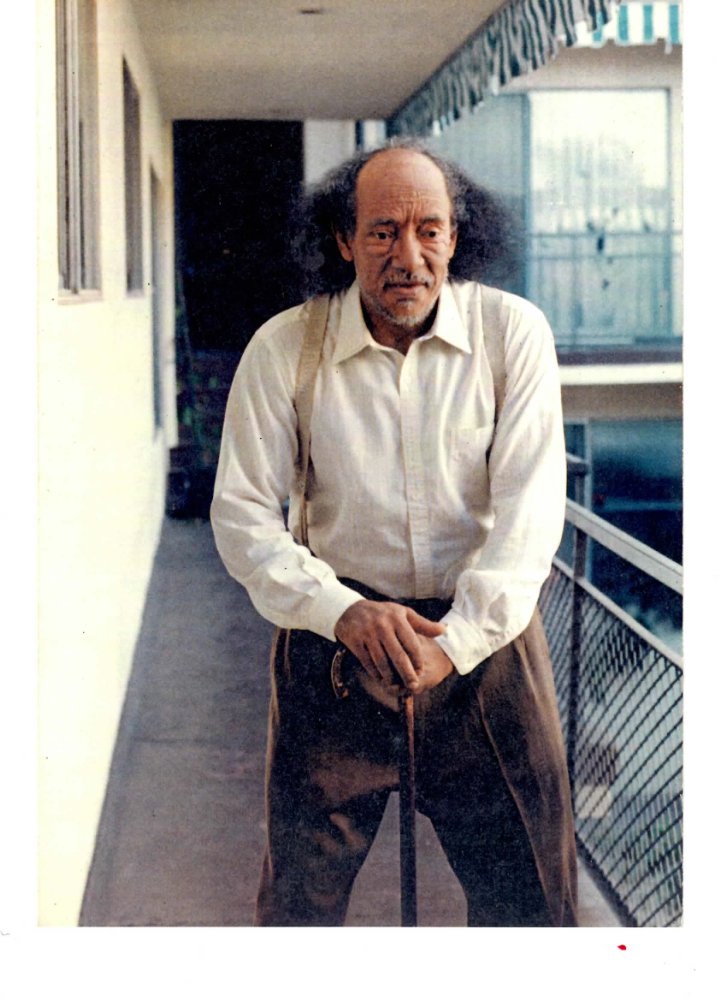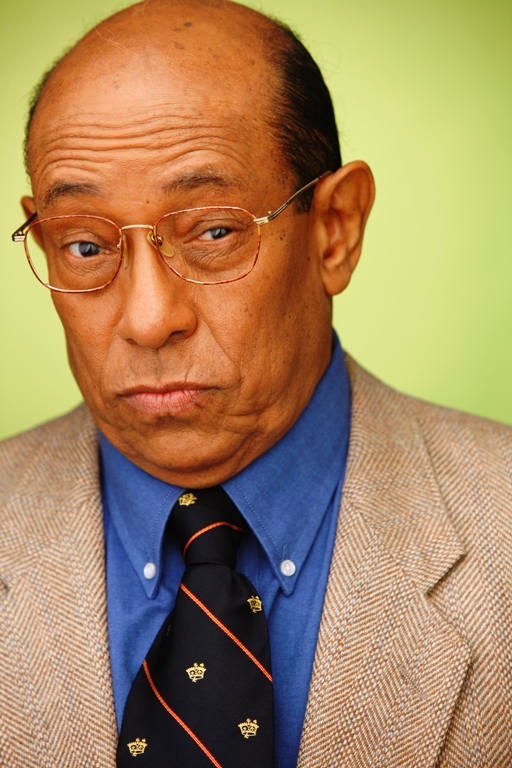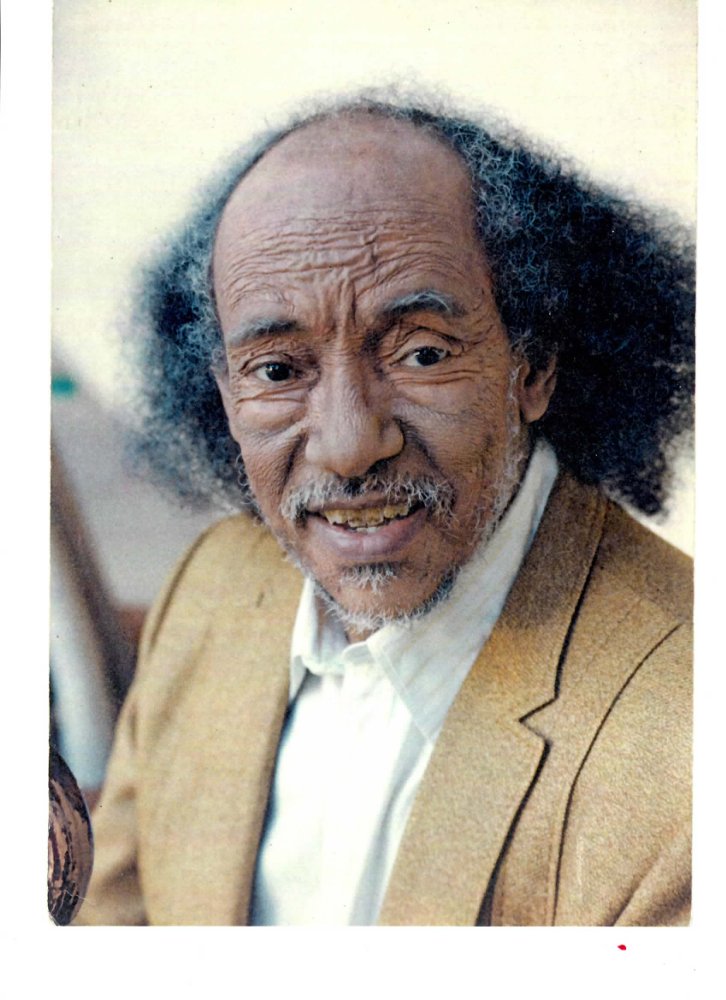Born in Rio de Janeiro, Brazil, to parents that had just become a middle class by moving from a family own farm at Rio State to the big city, suburb of São Gonçalo. There, Simonides Correa, his father, became the administrator of the large farm, Porto Novo, which is a town, now.Simonides was a man of many trades, easier to be described by saying that there were just a few things he didn't know how to do. Living in the new farm, with 40 bedrooms, surroundings were as before, but Simonides invested his money and time in business like candy factory, produce market, restaurant, painting contracting company, surplus sales, just to name a few. After his wife died, he decided to help the poor people of the largest slum in the world, Favela da Rocinha, in Rio de Janeiro. He secured the family with Mayuto's uncle, Maurilho, in São Gonçalo and went on to bring schools, light, water, police station, health post and church to Rocinha.With no doubt, as for as Mayuto is concerned, Simonides is the best human that ever lived. His influence was total and yet, by living a life of peace with absolute kindness. His bible was always with him or at a few feet from him. Never cursed, never spanked, but he was a master disciplinarian with words.Following such a man, Mayuto, though considering himself just a faint shadow of his father, became a multifaceted man. His percussion life started at 3, by banging on everything he could touch, to the point of being put on another room, away from the rest of the family. At 5, learned drama at a neighbor's little theater; at 8, he was playing soccer for money at a local team, Zumirinha; at 11, performed in local schools and clubs as the character, Rusty Old Man; at 12, became percussionist for local big band, Rapazes da Alvorada; at 14, co-formed the group Samba Show, which became number 1 in Rio state, when he created several conga patterns that influenced other percussionists, such as Jorge Arena, Rubens Bassini, Laudir de Oliveira; at 16, Simonides introduced him (and his brother, Agnaldo) to the head coach of Flamengo, Brazil's top club where he played for the under seventeen team and, consequently got in the Brazilian National team for the under seventeen.The character he played on stage was a parallel of his real life. Since earlier, his family called him "velho", meaning old men. He recalls that his life changed when he was 7, by an event that made him, at that early age, to became a behavior researcher. That decision affected his entire life. Starting with being the reason for his abandonment of a soccer career, which at 16 was a life dreamed by any youngster. But it was a time consuming task: 3 practicing days at Flamengo, that became 4 at the National Team, leaving little to no time for his research, which at 16, was at very serious stage. So, he hugged Simonides and asked him if he would mind if he decided to stop playing soccer.Mayuto became the firs call percussionist of Brazil, but that didn't affect his other activities, such as his compositions, which had started also at 12, with "Lagoa Encantada" and went on to the later on called master piece song, "Oasis", among many others. His career in drama had jumped and diversified into acting, playwright and directing; by 22 he was a master of behavior and he was invited to become a scholar at P.U.C. University. It was on the mead 60's, during Brazilian upheavals about the dictatorship and that University was the leading resistance force against the dictators. Mayuto accepted to be their artistic director.After that his days in Brazil were counted and shortened by a wave of arrests of artists, resulting on his 1969 self exile to America, where his career as a percussionist became known to many as one of the most quickly successful careers in the industry: he arrived on November of 1969 and on 1970 he was mentioned on Leonard Feather's Encyclopedia of Jazz in the Seventies and became first call percussionist in the West Coast of the United States.As a guitar player, his career had a poetic and simple beginning. At 12, he was already a composer, but he had to whistle his songs to memorize it with his lyrics. He was also percussionist of the Big Band, Rapazes da Alvorada, at the night club, Boite Cuba in São Gonçalo- Rio State.His contact with guitar started like a tender and sensitive love affair. He bought the instrument but he didn't looked for a teacher to give him instructions, just like he did with percussion instruments, before. And that love affair started when he was 3.Since guitar is an instrument consisting of two distinct tasks, to play it requires specific technique for each hand. For several years, Mayuto's relationship with his guitar was limited to his right hand only. The guitar neck was never touched by the left hand, except to mute unwanted sounds he created with his right hand.That experience developed his right hand in such a way that he had to find what to do with his left hand. At the time, one of his friends was the great guitar player, Waltel Branco, who he asked for help. He booked one single session with that guitar master and got a basic exercise that included the action for left hand. The exercise consisted of fingering the strings, from the firs to the last fret, in a sequence of two frets per string, using fingers 1 and 2, starting on the first string. The other part of the exercise was to do the same thing with four fingers.That was enough for Mayuto to develop an interesting and unique style. He modified the original exercise to accommodate what he had developed, earlier, for his right hand and that resulted in an unusual coordination between the two hands, independent from each other and unrelated to any method.His first song played on guitar was "Maribondo", which in English means wasp, he was 16. It was inspired by a persistent wasp that landed on the third string of his guitar and didn't let him play for a while.At that stage, his affair with the guitar had become more intimate and passionate, but also romantic and even, nostalgic until now. That first guitar he bought was a Giannini and the reason for his unconditional preference for this brand name. In 2003, he revisited his nostalgic past by flying from Los Angeles to São Paulo to tell Georgio Giannini how sentimental he was about their instruments. Giorgio's class and gentleness did the rest. Even before hearing the story he invited Mayuto to spend a day at the factory and at the end, gave him their best guitar.
Show less «

